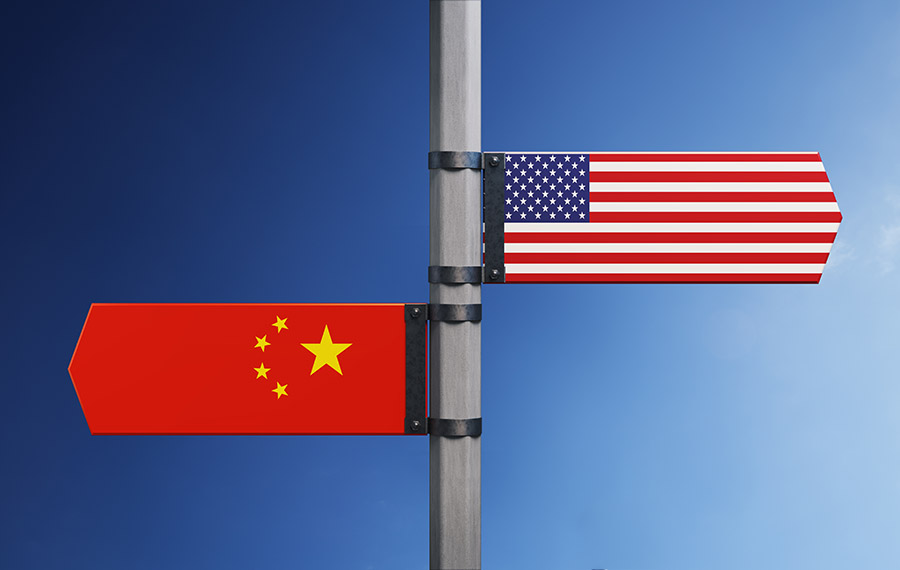
He Yafei, Former Vice Minister of Foreign Affairs
Nov 07, 2019
Its new ideas and approaches are broadly beneficial and have already involved many countries, even as the United States and others have tried to impede progress for selfish reasons.
Andrew Sheng, Distinguished Fellow at the Asia Global Institute at the University of Hong Kong
Xiao Geng, Director of Institute of Policy and Practice at Shenzhen Finance Institute, Chinese University of Hong Kong
Oct 31, 2019
On October 1, the People’s Republic of China celebrated the 70th anniversary of its founding with impressive military and civilian parades meant to showcase the extraordinary progress the country has made under the leadership of the Communist Party of China. Formidable challenges lie ahead. But China’s record so far, and the resources it has at its disposal, indicate that it may well be up to the task.

Jonathan Woetzel, McKinsey Senior Partner
Jeongmin Seong, Senior Fellow, McKinsey Global Institute in Shanghai
Oct 08, 2019
In the nineteenth century, the world was Europeanized. In the twentieth century, it was Americanized. Now, it is being Asianized – and much faster than you may think.
Shang-Jin Wei, Professor, Finance and Economics at Columbia University
Aug 30, 2019
The recent inversion of the yield curve in the United States – with the interest rate on ten-year US government bonds currently lower than that on short-term bonds – has raised fears of a possible US recession later this year or in 2020. Yet, paradoxically, a downturn in America could help to improve bilateral economic relations with China and cool the two countries’ escalating trade dispute.
Zhou Xiaoming, Former Deputy Permanent Representative of China’s Mission to the UN Office in Geneva
Aug 26, 2019
President Trump’s most recent threat to leave the WTO has caught worldwide attention. Would removing itself from the organization be beneficial for the United States, or is it just a bluff?
Zhang Yun, Professor, School of International Relations, Nanjing University
Aug 23, 2019
Many analyses of the most recent American tariffs discuss the impact on China or China-US relations. But none discuss the reverse: how will such tariffs impact the US? What will the result of this impact mean on the future of American global leadership?
Ben Reynolds, Writer and Foreign Policy Analyst in New York
Aug 19, 2019
The deepening US-China trade war poses a significant challenge to the health of the global economy A new global recession could push both sides to the negotiating table, or it could provoke another wave of retrenchment and protectionism.

Chen Dongxiao, President, Shanghai Institutes for International Studies
Jul 17, 2019
Though their G20 Osaka summit meeting made headlines for its positive signals, President Xi and President Trump still must address three key areas for policy coordination: mitigating the global impact of financial innovation, balancing their scientific and technological cooperation with their respective national security concerns, and addressing the trend towards weaponizing trade and international finance.
Wu Zurong, Research Fellow, China Foundation for Int'l Studies
Jun 26, 2019
To make America great again—or “keep America great,” as Trump’s reelection slogan goes—in plain language means effectively strengt
Back to Top

- China-US Focus builds trust and understanding between the U.S. and China through open dialogue among thought leaders.
- Our Offerings
- Topics
- Videos
- Podcasts
- Columnists
- Research Reports
- Focus Digest
- Stay Connected
-
Thanks for signing up!
- Get the latest stories from China-US Focus weekly.